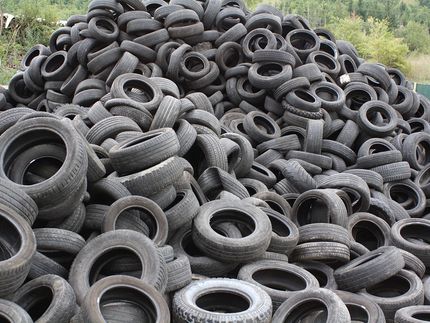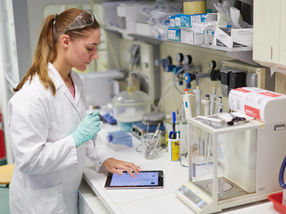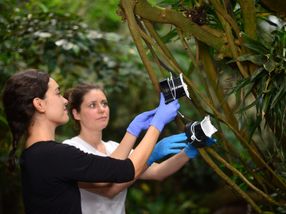LyondellBasell Expands Process and Product Performance of Spherizone Polypropylene Technology Plant in Italy
With growing customer requirements for high-performance, specialty polypropylene (PP) products, LyondellBasell announced that it plans to extend production and technology capabilities at its Spherizone PP process technology plant in Brindisi, Italy.
Scheduled for completion in 2012, an upgraded process design and capacity expansion will include the use of additional co-monomers such as hexene to manufacture products with the properties required by pipe, sophisticated film and healthcare applications. Plant capacity is expected to be increased by 50 KT, extending total capacity to 235 KT per year.
According to Anton de Vries, LyondellBasell’s senior vice president, Olefins and Polyolefins, Europe, Asia and International, “This project will enable LyondellBasell to better support the growing demand for higher-value, specialty PP grades.”
Next generation in specialty PP production LyondellBasell’s Spherizone process manufactures PP with selectively adjusted, multi-modal molecular weight distribution through the use of a multizone reactor. “The Spherizone technology is the industry-leading process for the production of high-quality, high-performance PP resins,” said de Vries. “Based on this success, we believe this upgraded process design represents the next generation in specialty PP production.”
For pipe, the new grades should offer improved expanded creep characteristics and excellent processability compared to current grades. In specialty film and injection-molded applications, the products should address customer needs for improved toughness, flexibility and higher melt strength.
“This performance can help converters reduce wall-thickness, which can reduce raw material and energy costs as well as waste, ultimately reducing environmental impact,” said Paul Turner, LyondellBasell’s vice president, polypropylene, Europe.
Most read news
Topics
Organizations
Other news from the department manufacturing

Get the chemical industry in your inbox
From now on, don't miss a thing: Our newsletter for the chemical industry, analytics, lab technology and process engineering brings you up to date every Tuesday and Thursday. The latest industry news, product highlights and innovations - compact and easy to understand in your inbox. Researched by us so you don't have to.


























































